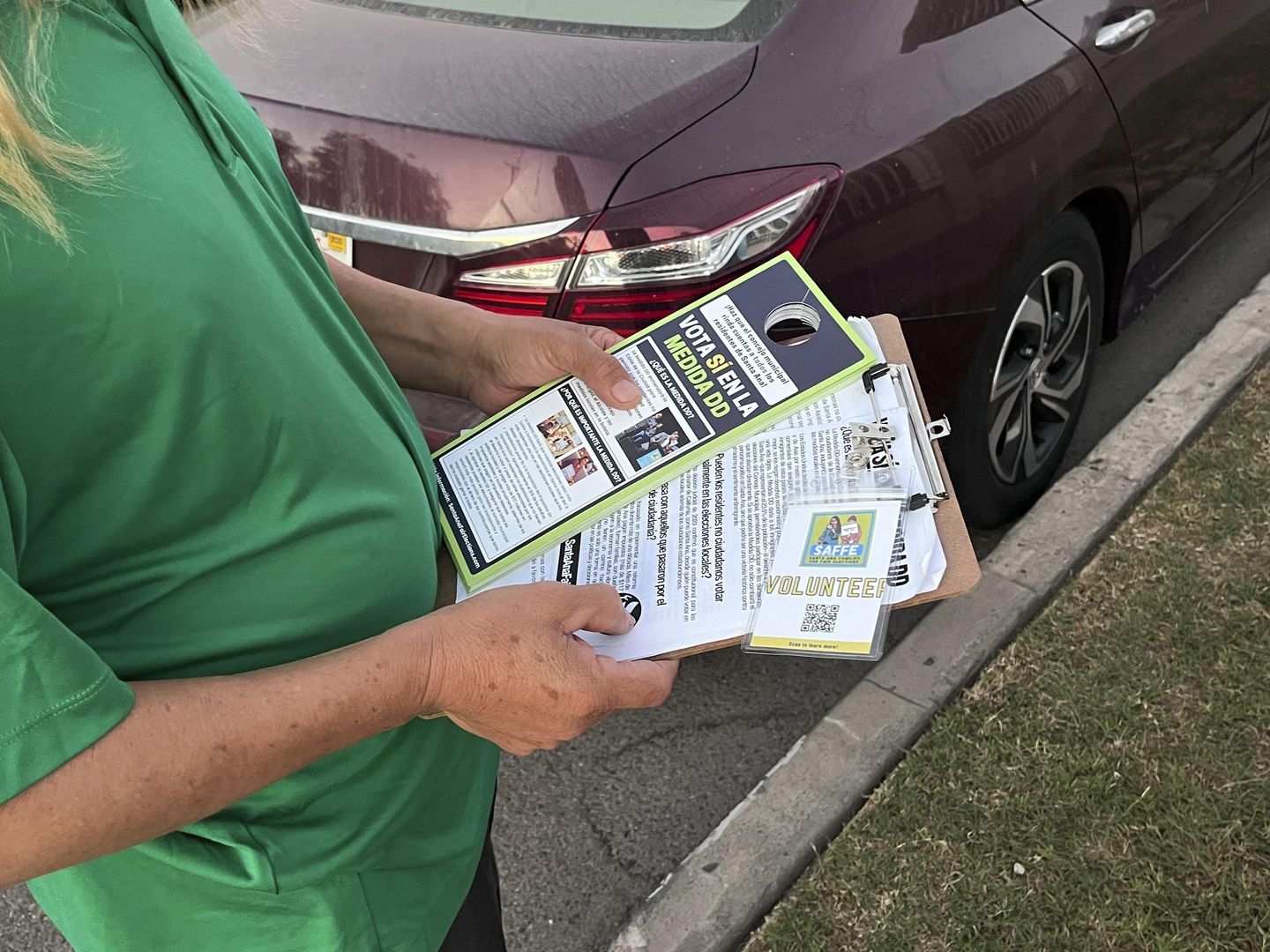In a highly contentious and closely watched election, voters in a Southern California city have rejected a measure that would have allowed residents who are not U.S. citizens to vote in local elections. The measure, known as Measure X, was put on the ballot by advocates who argued that non-citizen residents should have a say in local governance, as they are affected by the decisions made by local officials.
The measure would have allowed non-citizen residents who have lived in the city for at least one year to vote in local elections for city council members, the mayor, and other local offices. Proponents of the measure argued that non-citizen residents pay taxes, send their children to local schools, and contribute to the community in many ways, so they should have a voice in local decision-making.
However, opponents of the measure raised concerns about the potential for voter fraud and the dilution of the voting power of U.S. citizens. They argued that voting is a fundamental right of citizenship and should be reserved for those who have gone through the naturalization process and sworn allegiance to the United States.
The debate over Measure X sparked fierce arguments on both sides, with supporters hosting rallies and canvassing neighborhoods to drum up support, while opponents launched a media campaign to highlight the potential risks of allowing non-citizens to vote. The issue also divided the city council, with some members coming out in support of the measure and others vehemently opposing it.
On election day, voters ultimately decided to reject Measure X by a narrow margin, with 52% voting against the measure and 48% in favor. The outcome of the vote was met with mixed reactions from residents, with supporters of the measure expressing disappointment and frustration, while opponents breathed a sigh of relief.
In the aftermath of the election, both sides are now reflecting on the outcome and what it means for the future of local governance in the city. Proponents of the measure have vowed to continue fighting for the rights of non-citizen residents and are exploring other avenues to achieve their goal of expanding voting rights. They argue that democracy is strengthened when more voices are included in the decision-making process and that excluding non-citizen residents from voting is unjust and undemocratic.
Opponents of the measure, on the other hand, are celebrating the defeat of Measure X as a victory for the integrity of the electoral process and the principle of citizenship. They argue that allowing non-citizens to vote would have opened the door to potential abuse and manipulation of the voting system, undermining the trust and credibility of local elections.
The debate over voting rights for non-citizen residents is not unique to this Southern California city. Similar measures have been proposed in other cities across the country, sparking heated debates and divisions within communities. The issue raises fundamental questions about who should have the right to vote and participate in the democratic process, and how to balance the principles of inclusion and citizenship.
As the dust settles on the election, the city is left to grapple with the aftermath of the contentious debate over Measure X. Both supporters and opponents of the measure are now looking ahead to the future and considering their next steps in the ongoing struggle for voting rights and representation for all residents, regardless of their citizenship status. The outcome of this election may have been decided at the ballot box, but the larger debate over voting rights and citizenship is far from over.









